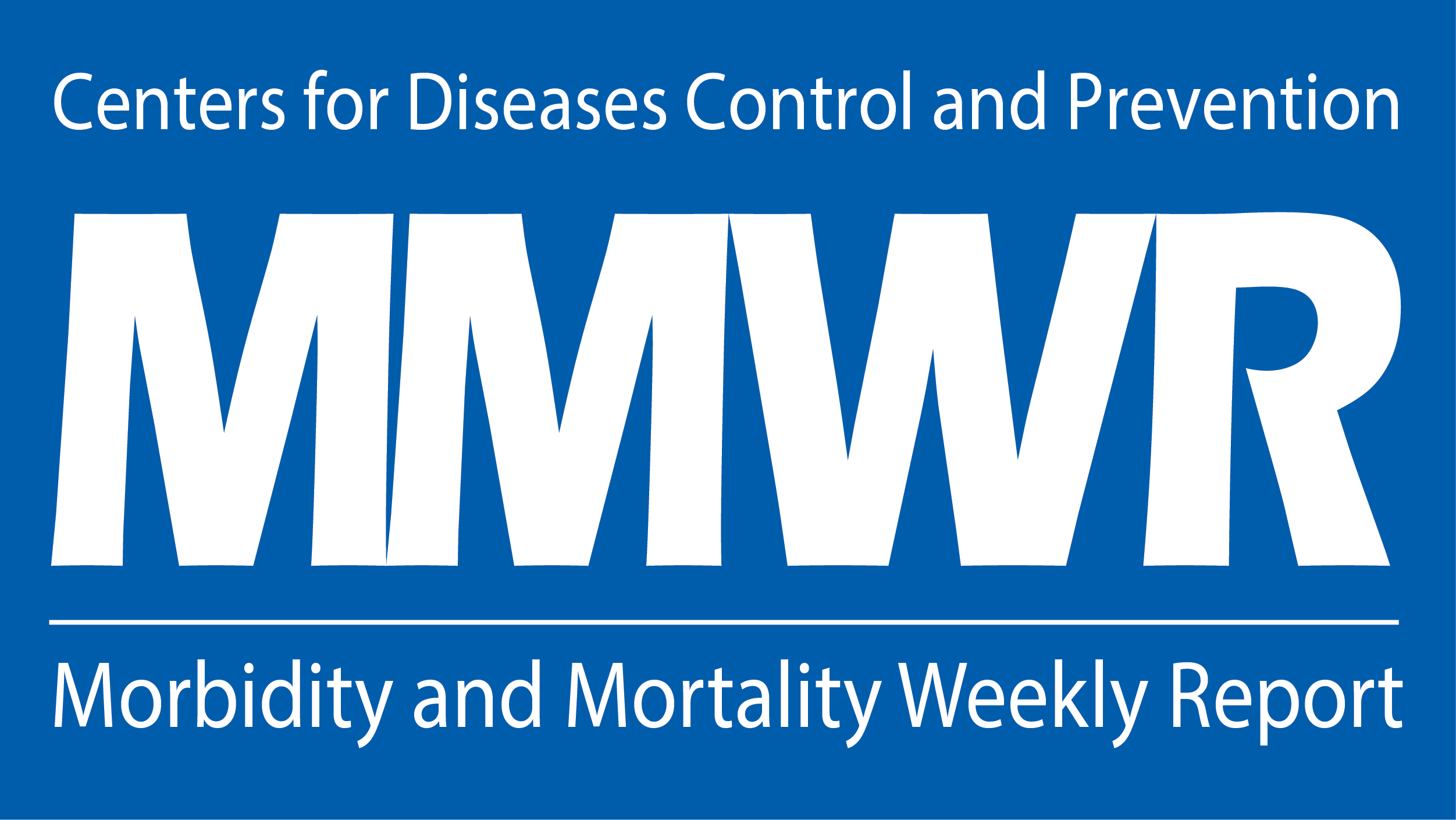You are here
Progress Toward Regional Measles Elimination — Worldwide, 2000–2019
Primary tabs
 Progress Toward Regional Measles Elimination — Worldwide, 2000–2019 This report describes an update on current progress toward global measles elimination. Centers for Disease Control and Prevention
Progress Toward Regional Measles Elimination — Worldwide, 2000–2019 This report describes an update on current progress toward global measles elimination. Centers for Disease Control and Prevention ...
Despite substantial decreasing global measles incidence and measles-associated mortality during 2000–2016, the global measles resurgence that commenced during 2017–2018 continued in 2019 and marked a significant step backward in progress toward global measles elimination. Compared with the historic low in reported cases in 2016, reported measles cases increased 556% in 2019, with increases in numbers of reported cases and incidence in all WHO regions. Estimated global measles mortality increased nearly 50% since 2016. In all WHO regions, the fundamental cause of the resurgence was a failure to vaccinate, both in recent and past years, causing immunity gaps in both younger and some older age groups. Lessons can be learned from outbreaks in various countries, as well as from notable successes in countries such as China, Colombia, and India (5–7). Identifying and addressing gaps in population immunity will require additional strategies as outlined in the Immunization Agenda 2030¶¶¶ and the Measles-Rubella Strategic Framework 2021–2030 (8).
In 2019, the global increase in cases was driven by large outbreaks in several countries. Huge outbreaks occurred in DRC and Madagascar during 2018–2019 as a consequence of accumulations of large numbers of measles-susceptible children, which resulted from longstanding extremely low MCV1 coverage, no introduction of MCV2 into the immunization program, and suboptimal SIA implementation. Samoa’s outbreak resulted from a steady decline in MCV1 and MCV2 coverage during 2014–2018, exacerbated by a decline in vaccine confidence after two infant deaths occurred from an error in measles-mumps-rubella vaccine administration (9). Ukraine’s outbreak was the result of low vaccine confidence among health care professionals, low demand from the public, and challenges with vaccine supply, storage, and handling.**** Brazil’s outbreak was caused by previously unidentified immunity gaps, revealed by sustained transmission following multiple measles virus importations from the outbreak in neighboring Venezuela.††††
Outbreaks must be investigated to understand whether and why communities were missed by vaccination, so that immunization services can be strengthened to close population immunity gaps. Where low vaccination coverage exists in specific populations, assessment of behavioral and social drivers of low coverage is needed to inform the design and implementation of targeted strategies, whether related to practical factors such as limited access to services, or to social influences that affect confidence and motivation to receive vaccination. Programs need to work to achieve and sustain the trust of parents and communities to ensure understanding that receipt of vaccination is in their children’s best interests. Programs should always be well prepared to respond to any vaccine-related adverse event in a timely and effective manner to obviate fears and hesitancy that can erode progress. ...



Recent Comments